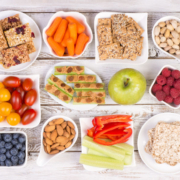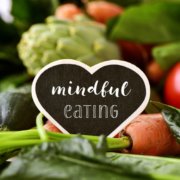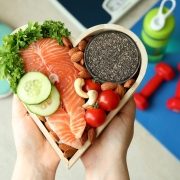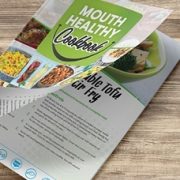Know More About Sugar
By Brandon Bolton, Registered Dietitian Nutritionist
This week is Sugar Awareness Week. It is a time to spread awareness and prevalence of sugar and the damaging too much sugar can have our bodies. During Sugar Awareness Week, we should set a few goals to help reduce how much sugar we eat and drink – especially with added sugar. A great place to start is to understand sugar a little more. These healthy habits can carry forward for the rest of the year!
Natural sugars are found in foods such as fruit and milk. Added sugars are found in processed foods like soda, fruit juice, candy, cookies, cakes, breakfast cereals, condiments, and much more. A diet high in added sugars can cause weight gain and an increased risk of heart disease, type 2 diabetes, cancer, fatty liver disease, and much more.
The American Heart Association recommends most women consume no more than 24 grams of added sugars (6 teaspoons) daily, and men should consume no more than 36 grams of added sugar (9 teaspoons) daily. Children ages 2-18 should try to eat less than 24 grams of added sugar daily. For reference, the average person in the United States consumes around 71 grams of added sugar per day (17 teaspoons). Be sure to check your food label to get a better understanding of how much sugar is in your food.
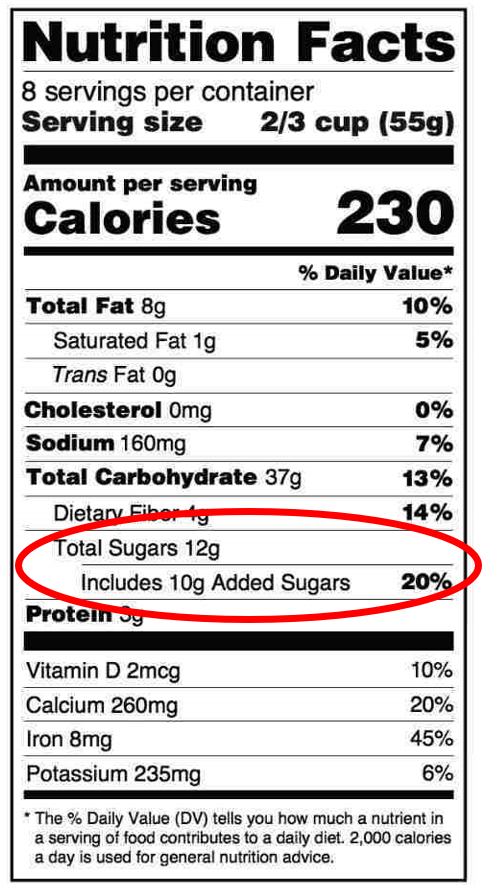
Here are some tips on how to decrease your intake of added sugars:
- Swap sodas, juices, sweetened teas, and energy drinks for water or unsweetened seltzers.
- Drink your coffee black or use a zero-calorie sweetener such as Stevia.
- Try plain yogurt and add fresh or frozen berries.
- Consume whole fruits and vegetables instead of sugar-sweetened smoothies.
- Replace candy with a homemade trail mix of fruit, nuts and a few dark chocolate chips.
- Use olive oil and vinegar in place of sweet salad dressings like honey mustard.
- Look for cereals, granolas, and granola bars with under 4 grams of sugar per serving.
- Use natural nut butters instead of sweet spreads like Nutella.
- Avoid alcoholic beverages that are sweetened with soda, juice, honey, sugar, or agave.
- Shop the perimeter of the grocery store, focusing on fresh, whole ingredients.
- Try to prepare meals at home, it can be hard to tell how much sugar is in foods when eating out.
- Consume a diet that is rich in fruits, vegetables, and whole grains.
- Check nutrition labels to see how much sugar is in your product.
If you have any questions regarding sugar or any other nutrition related concerns, please reach out to one of NOAH’s Registered Dietitians!



